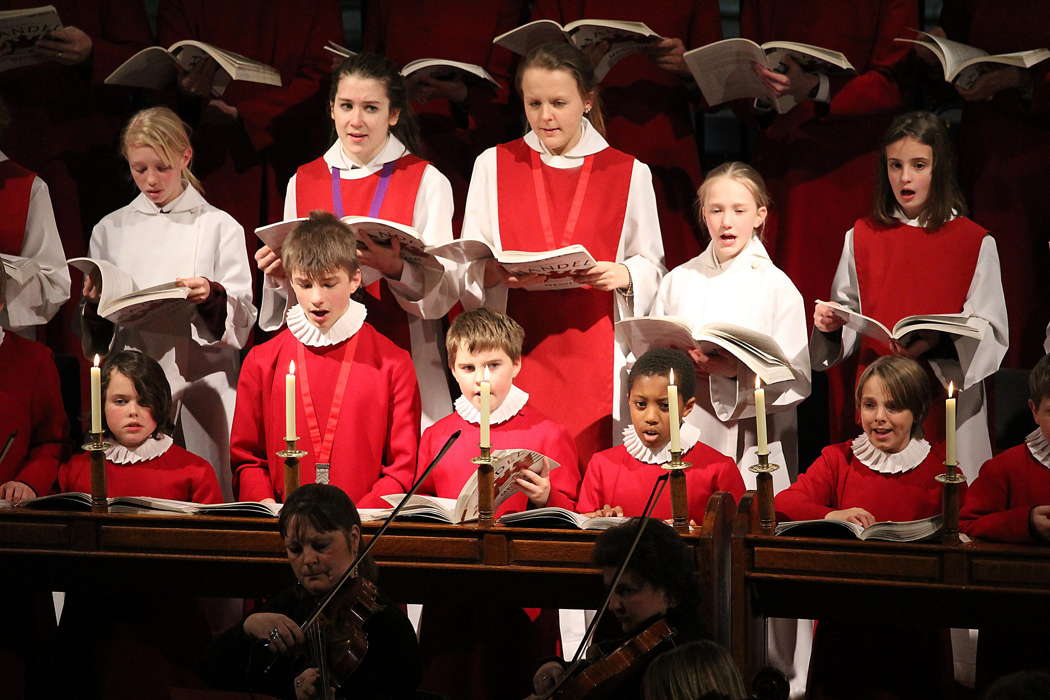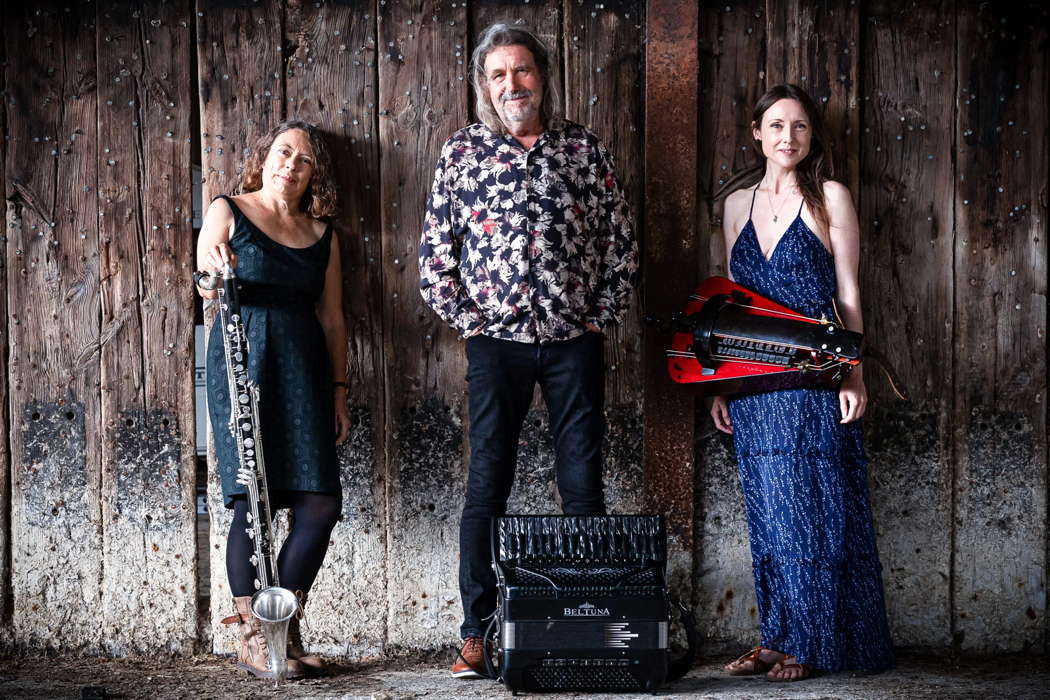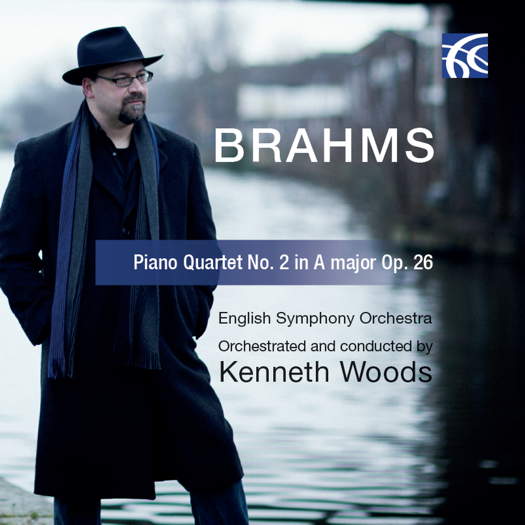- Louis Théodore Gouvy
- Nicolas Bacri
- Kenneth McKellar
- George Malcolm
- Lars Vogt
- Jacques Castérède
- Rufus Wainwright
- Concerto Amsterdam
Fine-tuning Still to be Done
Folk-songs collected by Ralph Vaughan Williams, heard by MIKE WHEELER
'From Pub to Pulpit' is a celebration of Vaughan Williams' work as a folk-song collector. Combining the talents of instrumental and vocal trio Coracle and a capella vocal quintet Broomdasher, it was launched in June at – where else? – Vaughan Williams' Gloucestershire home village, Down Ampney. It is currently on tour, visiting not only folk clubs and festivals, but also cathedrals and other churches, whose resident musicians are also involved. The tour is due to end at the Three Choirs Festival in Gloucester Cathedral in July 2023. Its stop-off in Derby was one of the opening events of Derby Folk Festival.
The second half (more on this later) worked better than the first, which was launched by Derby Cathedral Choir, conducted by Director of Music Alexander Binns, with Assistant Organist Edward Turner, in Vaughan Williams' Five Mystical Songs. It was a fine performance of a lovely piece (albeit one with no obvious folk-song connections), with soloist Richard Roddis bringing a tenor sensibility to what is normally a baritone role. But there was nothing to inform the audience what the piece was and why it was included – neither a spoken announcement nor information in the printed programme. Some members of the audience may well have wondered if they were at the right event.

Members of Derby Cathedral Choir
Coracle and Broomdasher then took turns in performing songs that Vaughan Williams collected – a sturdy account by Broomdasher of 'Spencer the Rover' – but also suggesting the folk roots of some of his own tunes, in Coracle's intriguing version of the tune 'Down Ampney' ('Come Down, O Love Divine'), with the first verse sung to sinuous counterpoint on bass clarinet, and their mash-up of 'Sine Nomine' ('For All the Saints') and a tune from Playford's The English Dancing Master, 'Mr Isaac's Maggot', whose first four notes it shares. Even here, though, it was some time before anyone actually spoke to the audience. A presenter and a script would have helped tie it all together, and by the interval, I had the impression that this was a good idea that hadn't been adequately thought through.

Coracle instrumental and vocal trio. Photo © Head Girl Photography
The second half was more satisfying, as Coracle and Broomdasher sang more songs that Vaughan Williams collected, including 'Lovely on the Water' (which VW arranged for unaccompanied chorus as 'The Springtime of the Year'), 'Lovely Joan' and 'Bushes and Briars', before joining the Cathedral Choir to show how he adapted others when compiling the music for The English Hymnal. So we heard 'Dives and Lazarus', sung to a different set of words, about the murder of Maria Marten; 'The Brisk Young Farmer' (a lovely tune, new to me, so thanks for that); and 'Our Captain Calls All Hands'. Each was followed by an instrumental re-creation by Coracle, before the audience was encouraged to join in resulting hymns: 'I Heard the Voice of Jesus Say', ''Tis Winter Now; the Fallen Snow ...', and 'He Who Would Valiant Be', respectively, giving a resounding culmination to the evening.
Some niggles remained. Even with microphones, some of Broomdasher's and Coracle's sung words were not always distinct, and the kind of chatty spoken introductions that work in your local folk club don't come across so well in a large space like Derby Cathedral. However will they manage in Gloucester?

Broomdasher a cappella vocal quintet
The concept is good, as were the performances, but there's some fine-tuning still to be done.
Copyright © 5 October 2022
Mike Wheeler,
Derby UK





